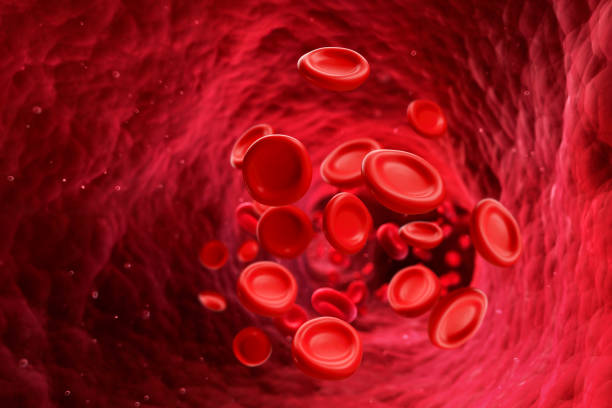Haemato-Oncology: What You Should Know About Blood Cancers
Haemato-Oncology: What You Should Know About Blood Cancers
Blog Article

What Conditions Does Haemato-Oncology Cover?
Haemato-oncologists manage a wide range of blood-related cancers, including:
Leukaemia – Cancer of the bone marrow and blood, where abnormal white blood cells multiply uncontrollably. It may be acute (rapid onset) or chronic (slower progression).
Lymphoma – Cancer affecting the lymphatic system, divided mainly into Hodgkin lymphoma and non-Hodgkin lymphoma.
Multiple Myeloma – A cancer of plasma cells (a type of white blood cell), which can weaken bones, impair kidney function, and compromise the immune system.
Myelodysplastic Syndromes (MDS) – A group of disorders caused by poorly formed or dysfunctional blood cells that can progress to acute leukaemia if untreated.
Myeloproliferative Disorders – Conditions in which the bone marrow makes too many red blood cells, white blood cells, or platelets.
Early Warning Signs: What to Watch For
Blood cancers can be difficult to detect early due to vague or general symptoms. Here are some common red flags:
Persistent fatigue or weakness
Frequent infections or unexplained fevers
Easy bruising or prolonged bleeding
Swollen lymph nodes
Bone or joint pain
Unintended weight loss
Excessive night sweats
If you or a loved one experiences any of these symptoms over a prolonged period, it’s important to consult a healthcare provider promptly.
How Are Blood Cancers Diagnosed?
Diagnosis of blood cancers involves several steps and specialized tests, including:
Blood tests, such as a Complete Blood Count (CBC) to detect abnormalities
Bone marrow biopsy to examine blood cell development
Imaging studies like CT, MRI, or PET scans to assess spread or impact
Genetic and molecular testing to determine cancer subtype and treatment options
These diagnostic tools help your medical team develop a personalized treatment plan based on your specific condition.
Modern Treatment Approaches
The treatment for blood cancers varies based on the type, stage, and genetic markers of the disease. Common therapies include:
Chemotherapy – To kill rapidly dividing cancer cells
Targeted Therapy – Drugs that attack specific cancer-related proteins
Immunotherapy – Boosts the body’s immune system to fight cancer
Radiation Therapy – Uses high-energy rays to destroy cancer cells
Stem Cell Transplantation – Replaces diseased bone marrow with healthy cells
Thanks to ongoing research, many patients now experience improved survival rates and better quality of life with fewer side effects.
Innovations and Hope for the Future
Haemato-oncology continues to benefit from breakthroughs in precision medicine, genomic testing, and CAR T-cell therapy, which are revolutionizing how we treat blood cancers. These advanced therapies offer more tailored, effective, and less toxic options for patients.
Final Thoughts
Blood cancers are complex, but they are also more treatable than ever before. With timely diagnosis, expert care, and access to modern therapies, many people are not only surviving—but thriving.
If you’re concerned about symptoms or have a family history of blood disorders, don’t wait. Speak to a haematologist-oncologist to get the answers and support you need.
Report this page